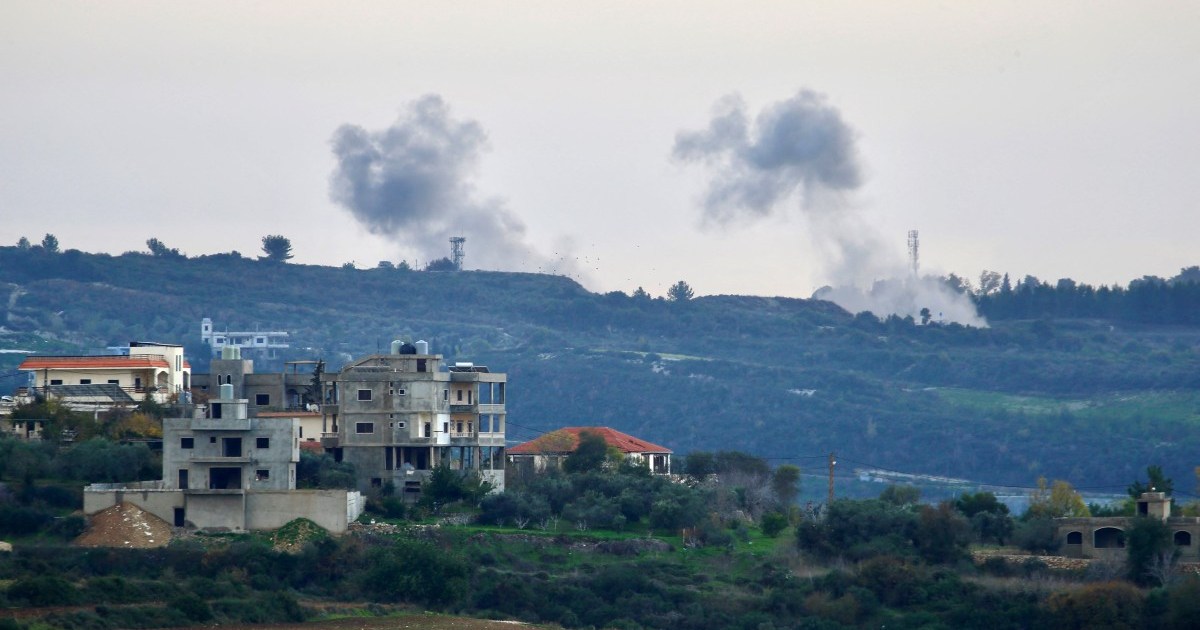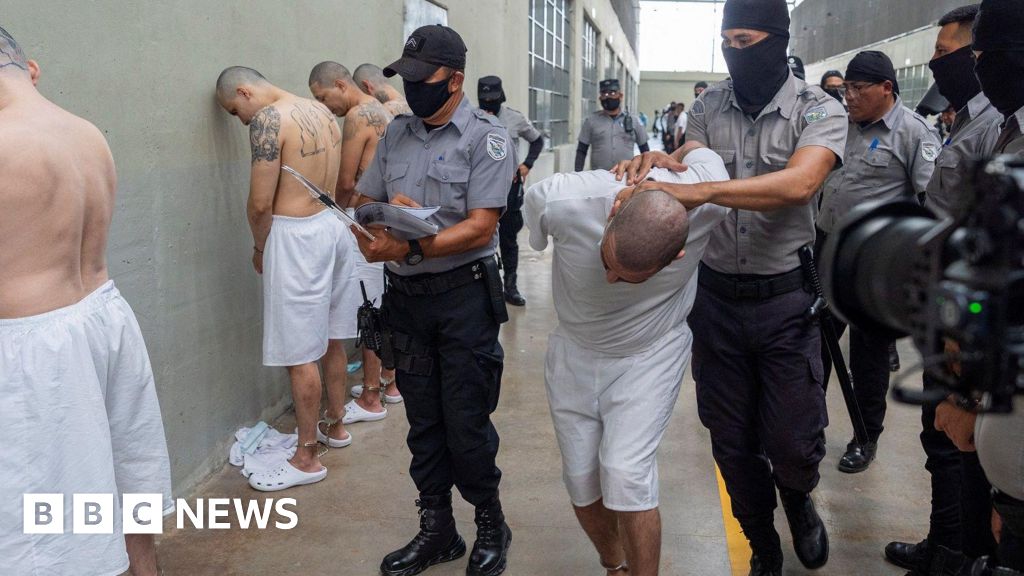Zelensky visits liberated Izyum as Ukraine aims to keep Russia on the run
Zelensky, striking a resolute tone, said that while Russia might temporarily occupy parts of Ukraine, “it is definitely impossible to occupy our people, the Ukrainian people.”
“The heroes are here,” he said, describing the significance of the blue-and-yellow banner. “It means that the enemy is gone, ran away.”
The swift and remarkably successful counteroffensive that liberated Izyum and towns and villages throughout the Kharkiv region, has proved to be both a crucial military victory as well as a psychological triumph, lifting national spirits, reinforcing Ukraine’s international support and sparking calls for additional weapons and equipment, in hopes of capitalizing on what seems to be a turning point in the nearly seven-month war.
Western military and intelligence analysts say Russia’s forces appear to be severely depleted, largely incapable of offensive operations to retake ground, and potentially vulnerable to further attacks. Ukraine’s military, in turn, seems intent on pressing its counteroffensive in the east and the south.
“We thank all of you for liberating our state from the enemy — from the terrorists of the Russian Federation and from the traitors who betrayed our state with the bills of artificial republics,” Zelensky said, addressing Ukrainian soldiers as he stood in front of the city’s bombed-out municipal building.
“The last few months have been extremely difficult for you. Therefore, I am asking you: Take care of yourself; you are the most precious we have,” he said.
The president’s appearance here was one of his many combat-zone trips since February. They have provided a contrast between the youthful Ukrainian leader and the aging Russian president, Vladimir Putin, who calls the war a “special military operation” and has not visited his soldiers in the field since launching the war.
Zelensky said on Tuesday that Ukraine had recaptured just over 3,0oo square miles during offensives in the Kharkiv and Kherson regions.
In the hours after the president’s visit on Wednesday, the city remained nearly silent.
Soldiers milled about, directing vehicles over a pontoon bridge installed to replace a bridge destroyed by Russian troops. A few civilians wandered through downtown, where the majority of buildings were severely damaged by shelling or fires and most shops were looted.
Residents described the Russian occupiers as giving up without a fight.
One resident, Maksym, 29, who spoke on condition only his first name be used because of fears of reprisal, said the Russian forces enforced a curfew in the days before Ukrainian troops retook the town. “During that time, they left,” he said. “They were just fleeing from here.”
Maksym’s wife, Toma, 27, said there was “absolutely not” a battle for the city. Russian forces seemed to know they would lose, she said, and opted to leave as nearby towns began falling to the Ukrainians.
Given reports of such utter collapse, Putin is coming under pressure from pro-war hard-liners for tougher action. On Wednesday, Chechen leader Ramzan Kadyrov, a longtime Putin ally called for martial law and mandatory military mobilization, moves so far ruled out by the Kremlin.
Putin has steered clear of such steps because they are likely to prove politically toxic, by undermining the passive Russian public support for the war, particularly in major cities such as Moscow and St. Petersburg, which have experienced very few war casualties.
Kadyrov also said that Russia should use “all kinds of weapons,” a hint at the use of nuclear or chemical weapons, claiming that Russia is fighting against NATO, not just Ukraine, which is now a common assertion from state officials and propagandists.
“If it were up to me, I would declare martial law all over the country and use all kinds of weapons, because today we are at war with the entire NATO bloc,” the Chechen strongman said, adding that he would have mobilized long ago “and used every opportunity to finish with these evil spirits faster.”
Meanwhile, Zelensky adviser Mykhailo Podolyak also doubled down, saying Ukraine must liberate the entire Luhansk and Donetsk regions. Parts of those regions have been under Moscow’s control since the Kremlin instigated a separatist war in 2014
“Time for the final strike against the Evil Empire,” Podolyak said on Twitter. Podolyak also called on the West to supply tanks armored vehicles, multiple launch rocket systems, air defense systems and more drones.
As Russia’s military is struggling in Ukraine, Moscow’s finances are coming under similar intensifying pressure. Government financial data released on Wednesday showed a dramatic drop in oil and gas revenue in August because of sanctions and lower sales of energy to Europe.
Russia’s economy has wobbled but not collapsed under Western punitive measures, performing better than expected thanks to high energy prices and aggressive state measures to shore up the ruble and avoid a currency collapse. But August revenue figures from the Ministry of Finance signaled a longer-term problem, as Moscow gradually loses its most import energy market, in Europe, and must accept discounted prices in Asia.
Russia had reduced gas supplies to Europe via the Nord Stream 1 pipeline in recent months and finally cut supplies this month, in moves designed to tighten pressure on Europe and raise fears of a tough winter, as the Continent tries to wean itself off cheap Russian gas.
European Commission President Ursula von der Leyen condemned Russia during her State of the European Union Speech on Wednesday for “actively manipulating our energy market.”
“They prefer to flare the gas than to deliver it,” von der Leyen said. “This market is not functioning anymore,” she added, warning that Europe faces tough months ahead as a result.
Von der Leyen said that Russia’s financial sector was “on life-support” thanks to sanctions and its industry was “in tatters.” She also said that Western powers had made a historic mistake by ignoring years of warnings about Putin from Poland the Baltic countries. Leaders of those countries, including Estonian Prime Minister Kaja Kallas, are again calling on Western allies to quickly send more powerful weapons to Ukraine.
Putin insisted Monday that the West’s “economic blitzkrieg, the onslaught they were counting on, has failed, which is already obvious to everyone, and to them, too.” Russia has softened the impact of sanctions through social payments to families and pensioners and support for industry.
Still, Russia’s heavy industry, including the automobile and manufacturing sectors, has been hit hard by Western bans on the transfer of computer chips and other technology, with many Russian fabricators heavily reliant on imported parts.
After Ukraine’s stunning weekend advance in the Kharkiv region, Zelensky and other top Ukrainian officials have amped up calls for Western military aid. They released a proposal Tuesday for security guarantees from a group of Western countries and called for a multi-decade effort involving major weapons transfers and industrial investment to reinforce Ukraine’s military against Russian aggression.
But the Kremlin’s top spokesman, Dmitry Peskov, said only Putin and the Russian leadership could give Kyiv real security guarantees. And Peskov said that Ukraine’s call for security guarantees from Western countries proved it still wanted to join NATO. Ukraine’s NATO aspirations were a main reason that Putin cited in threatening military action before the invasion.
“Therefore, the main threat to our country persists,” Peskov said.
Check out our Latest News and Follow us at Facebook
Original Source






